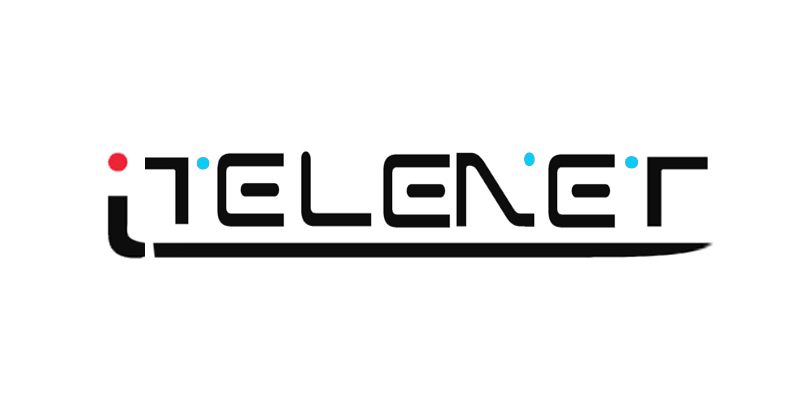Cloud computing is the delivery of computing services comprising servers, storage, databases, networking, software, analytics as well as intelligence over the internet to offer innovation, flexible resources, and economies of scale. You can easily pay only for the cloud services you use helping you lower the operating costs, run your infrastructure more efficiently and scale as your business needs change.
The benefits of cloud computing
Cloud computing solutions help in a big shift from the traditional way businesses think about IT resources. Here are the best reasons why the organizations are opting for the cloud computing services:
Cost: Cloud computing eliminates the capital expense of buying hardware as well as software and running on-site datacenters, 24×7 electricity supply, and the IT experts to manage the infrastructure.
Speed: Most cloud computing services are provided self-service and on-demand, so even vast amounts of computing the resources can be provisioned in minutes, generally with just a few mouse clicks, providing businesses a lot of flexibility and taking the pressure off capacity planning.
Global-scale: The advantages of cloud computing services comprise the capability to scale elastically. In cloud speak, that means offering the right amount of IT resources- for instance, more or less computing power, storage as well as bandwidth- right when they are required and from the right geographic location.
Productivity: On-site datacenters generally need a lot of “racking and stacking”- hardware setup, software patching as well as other time-consuming IT management chores. Cloud computing is important to eradicate the need for many of these tasks so IT teams can spend time on achieving more essential business goals.
Performance: The cloud computing services can run on a worldwide network of secure the datacenters, that are regularly updated to the latest generation of fast as well as efficient computing hardware. Moreover, they offer different kinds of benefits over a single corporate data center comprising reduced network latency for applications and greater economies of scale.
Reliability: With cloud computing, it helps in data backup, disaster recovery, and business continuity easier and less expensive because data can be mirrored at multiple redundant sites on the cloud provider’s network.
Security: Different cloud providers offer a broad set of policies, technologies, and controls that strengthen your security posture overall, helping protect your data, apps as well as infrastructure from potential threats.
Types of cloud computing
- Public cloud: Public Clouds are generally owned and operated by third-party cloud service providers that offer computing resources such as servers and storage over the internet. With a public cloud, all the hardware, software, and other supporting infrastructure is owned and managed by the cloud provider.
- Private cloud: Private cloud helps in exclusively by a single business or organization. A private cloud can be substantially located in an organization’s on-site data center.
- Hybrid cloud: Hybrid clouds combine both public as well as private clouds, combined together by technology that allows data as well as applications to be shared between them.
iTelenet offers cloud computing solutions to different companies. In addition to it, we also offer a Database management Service to take your business to the next level.





